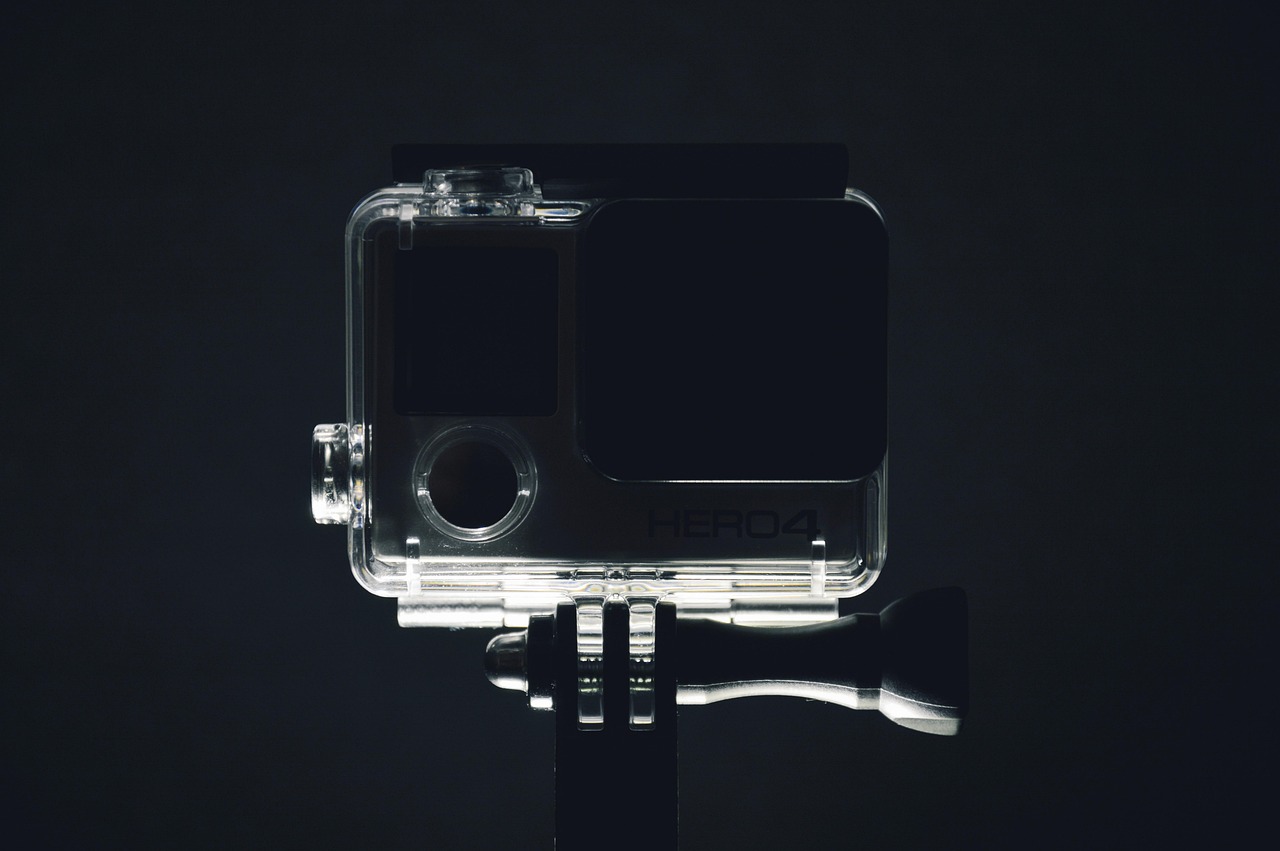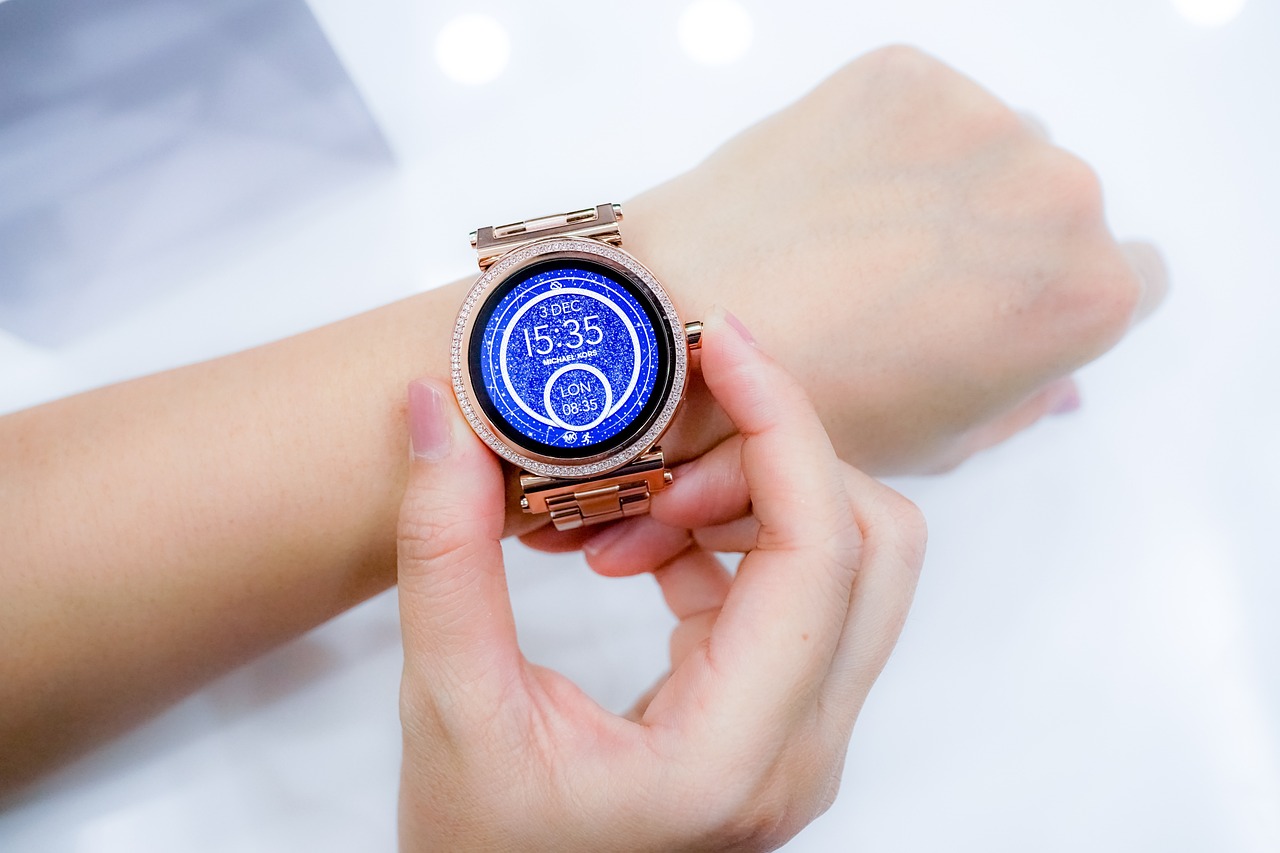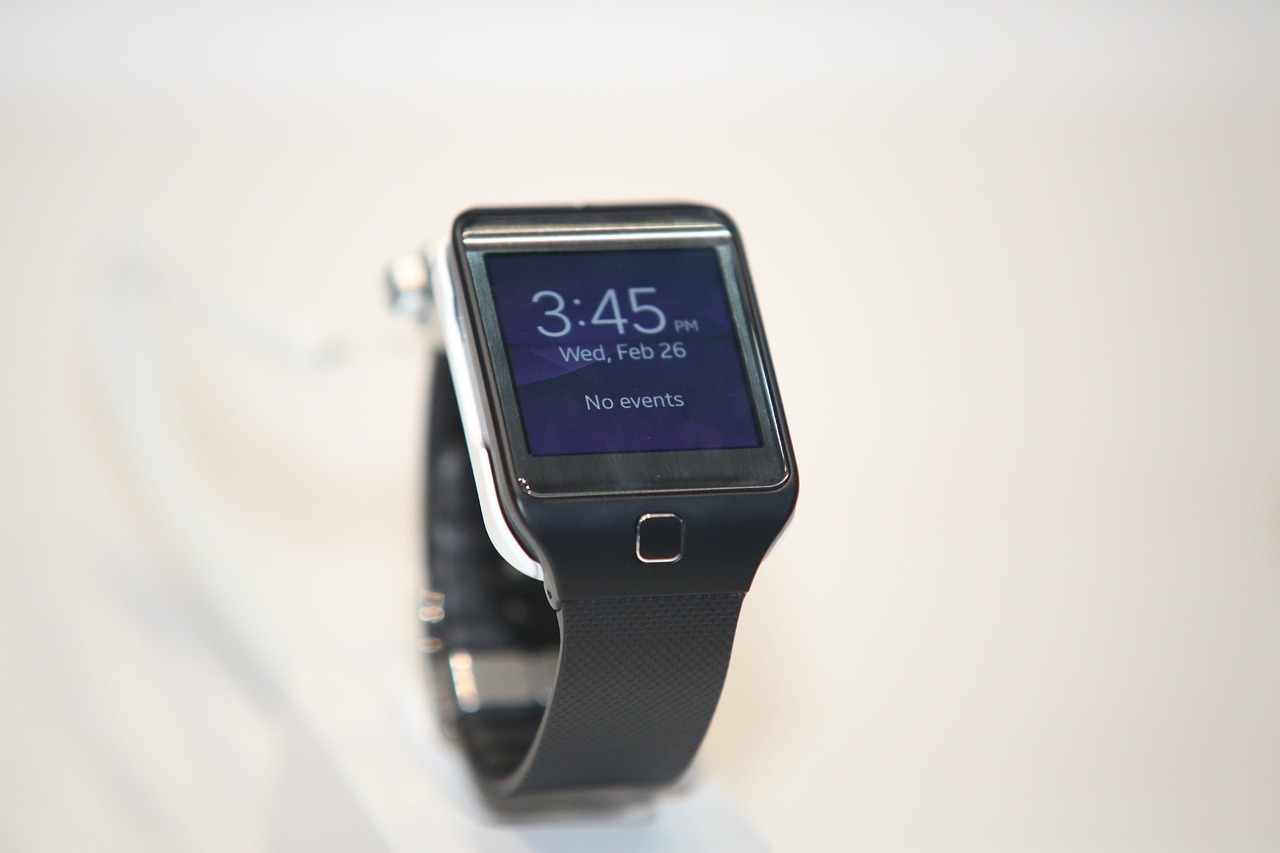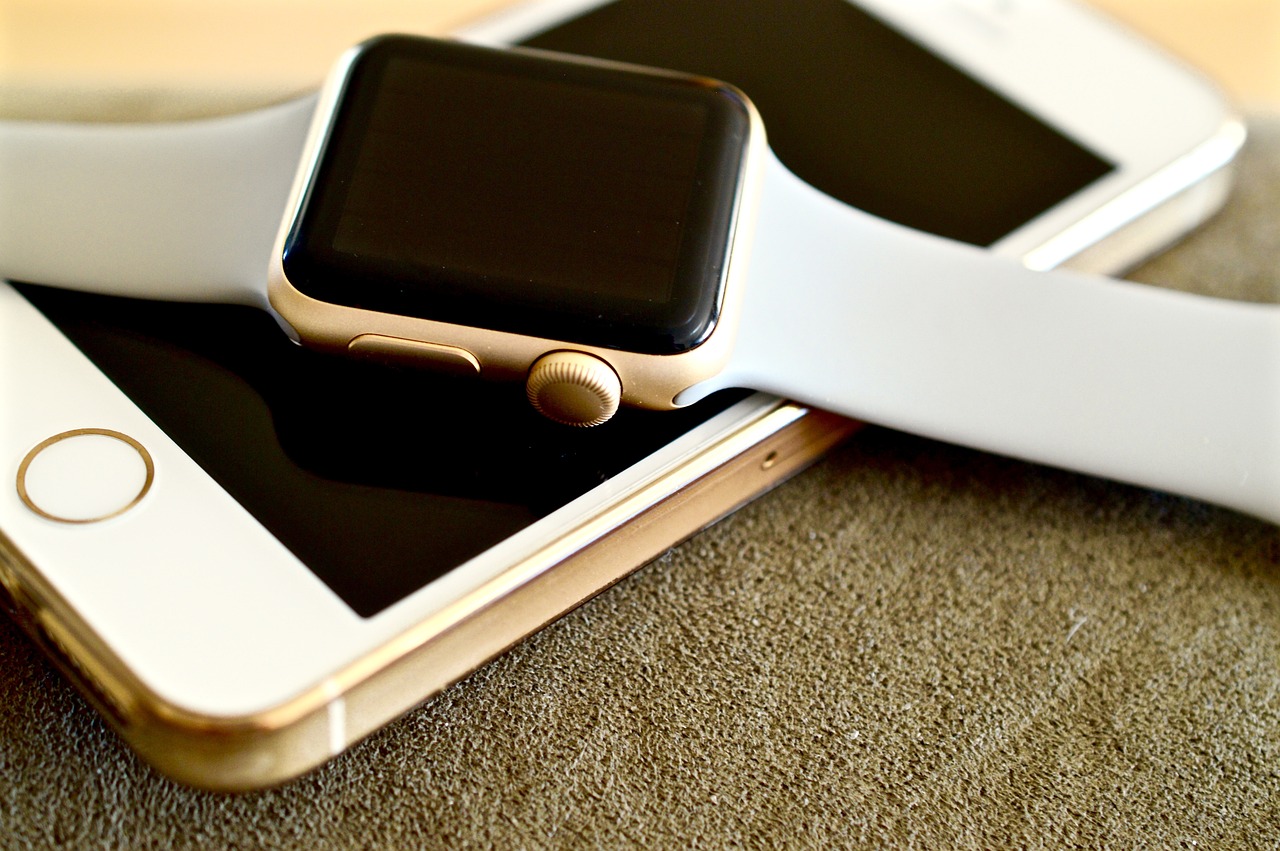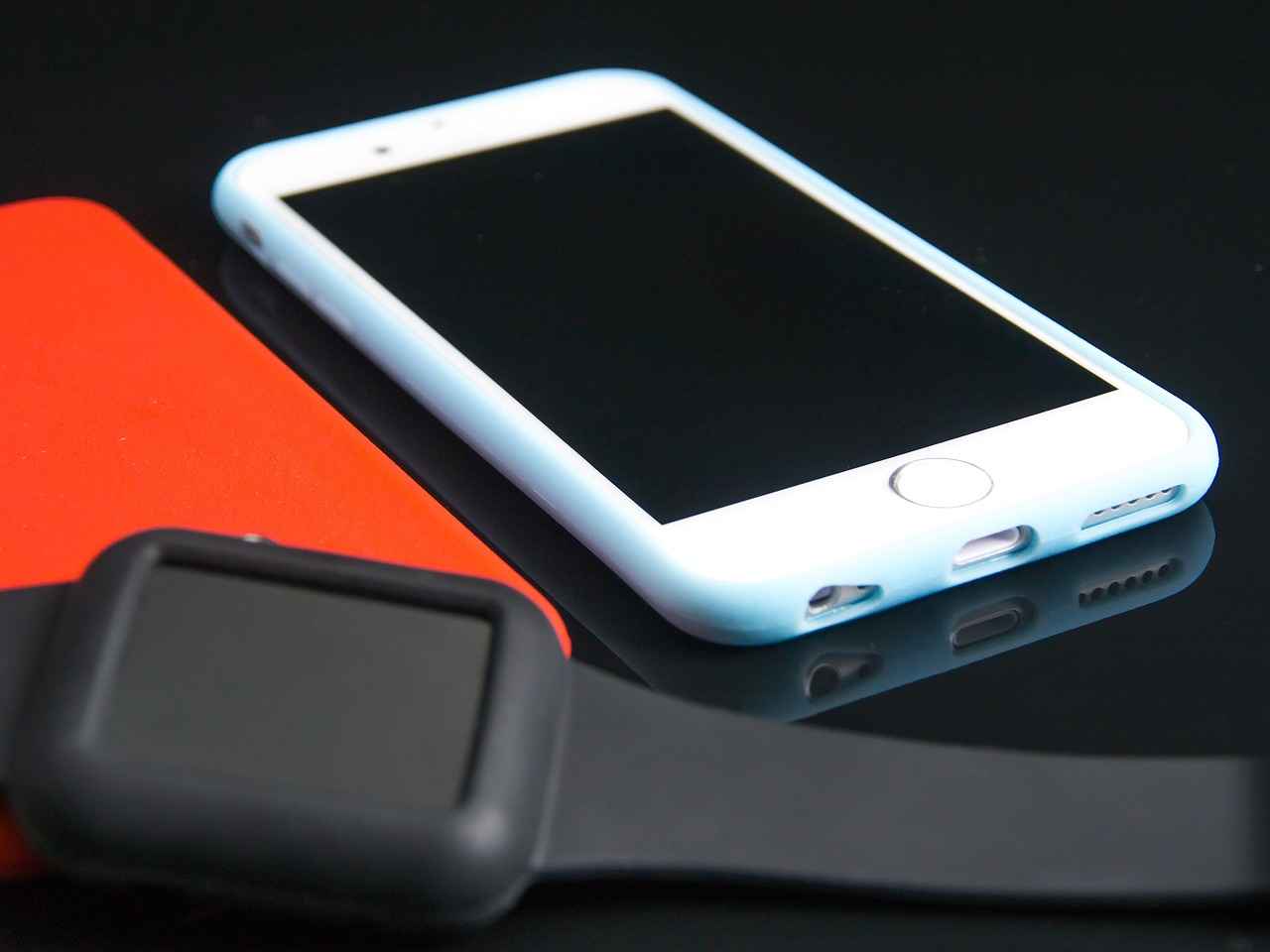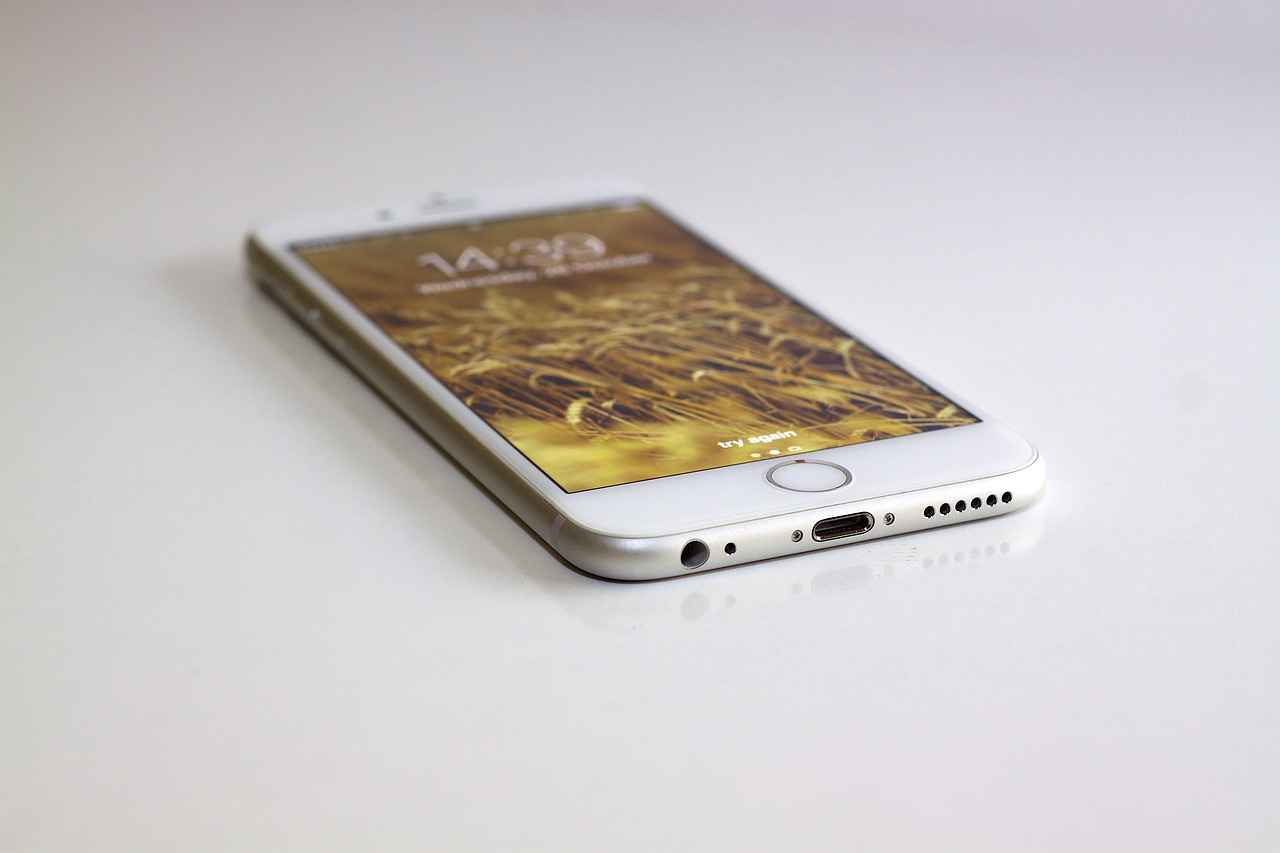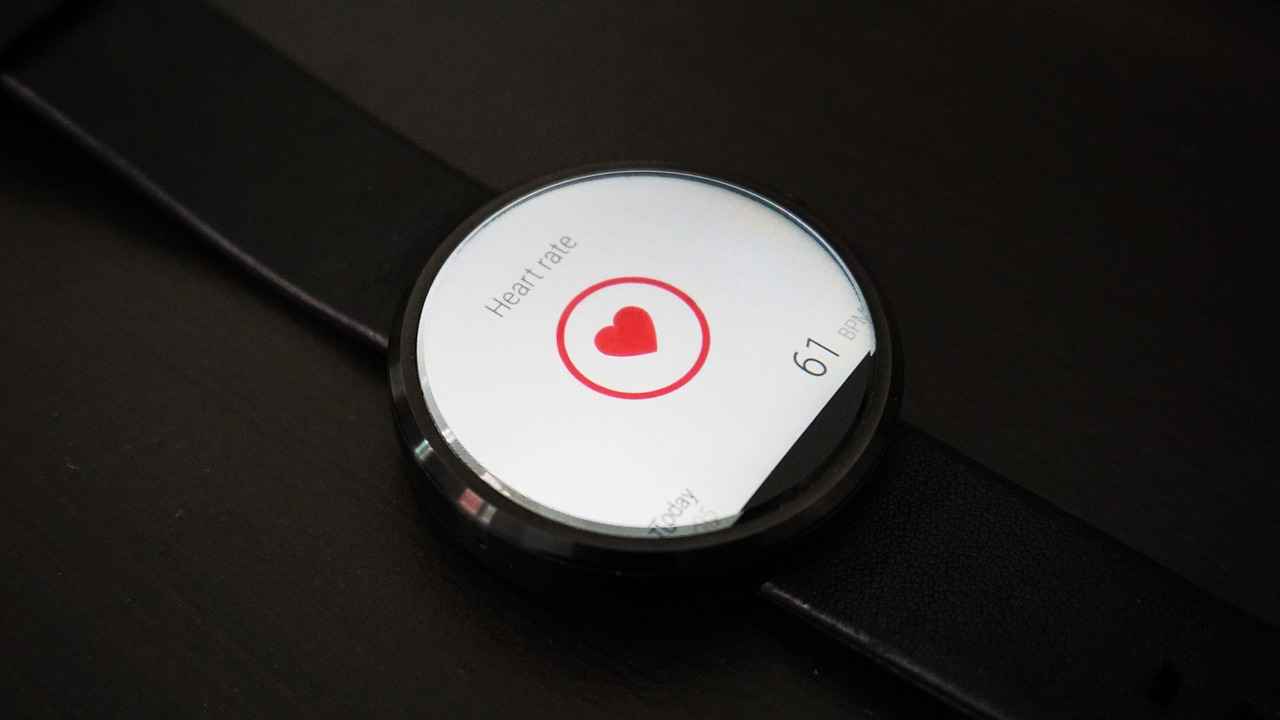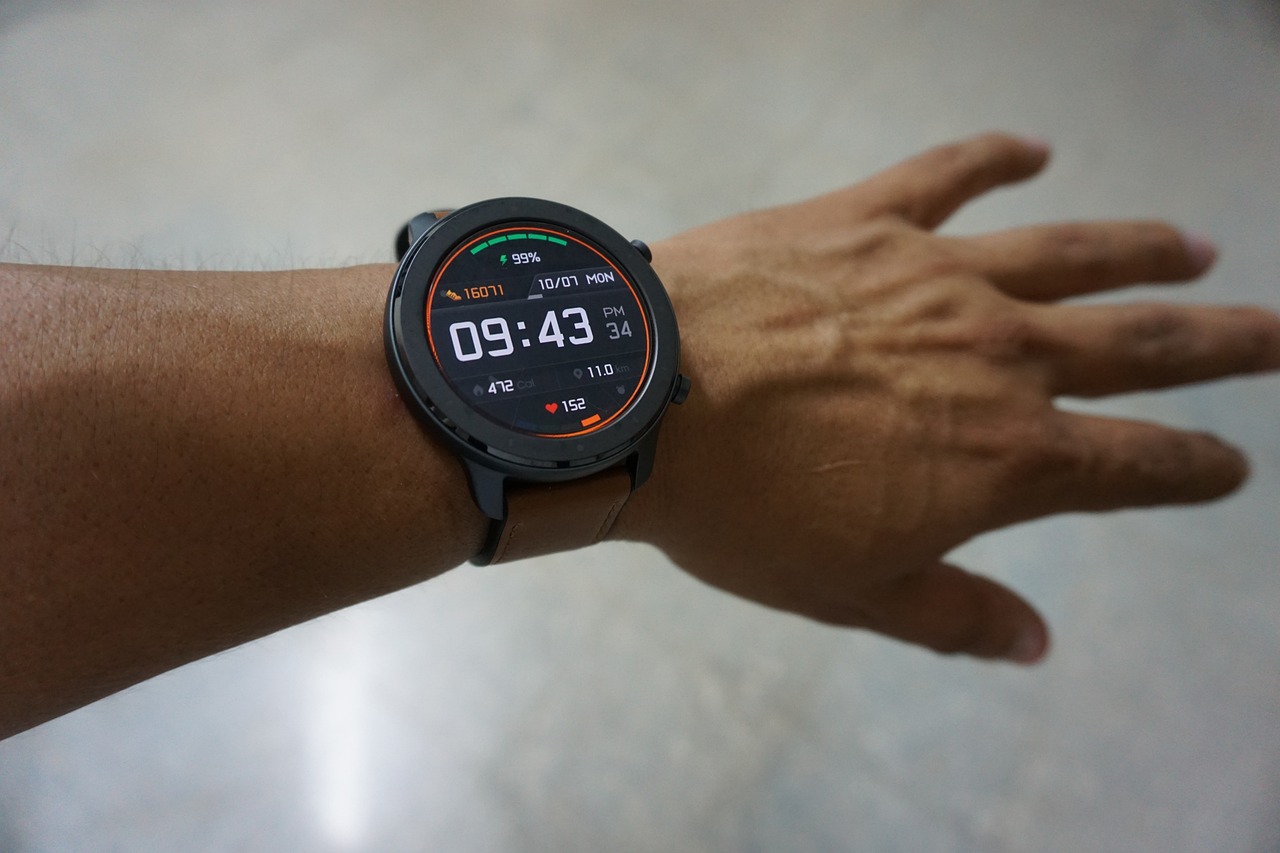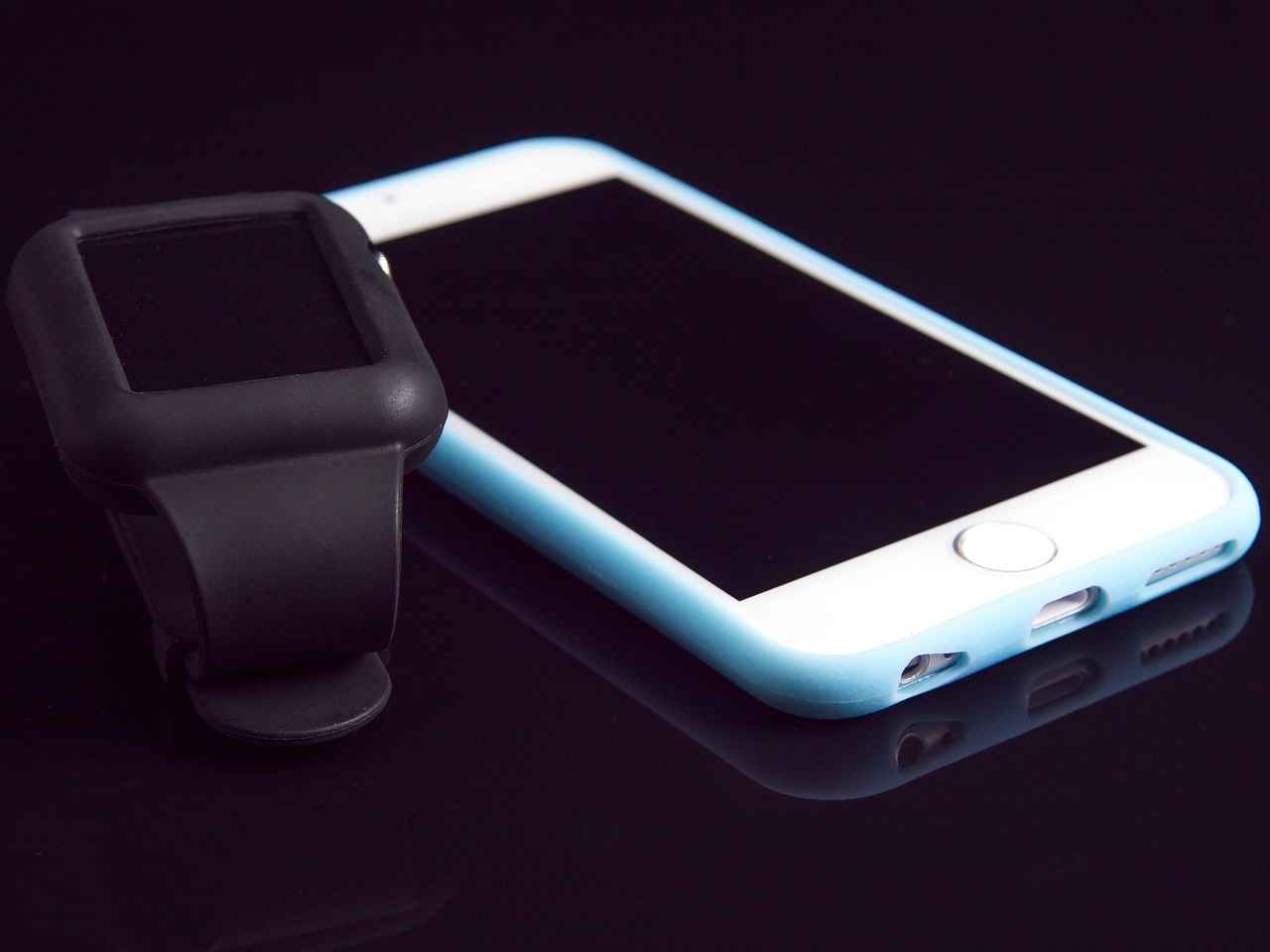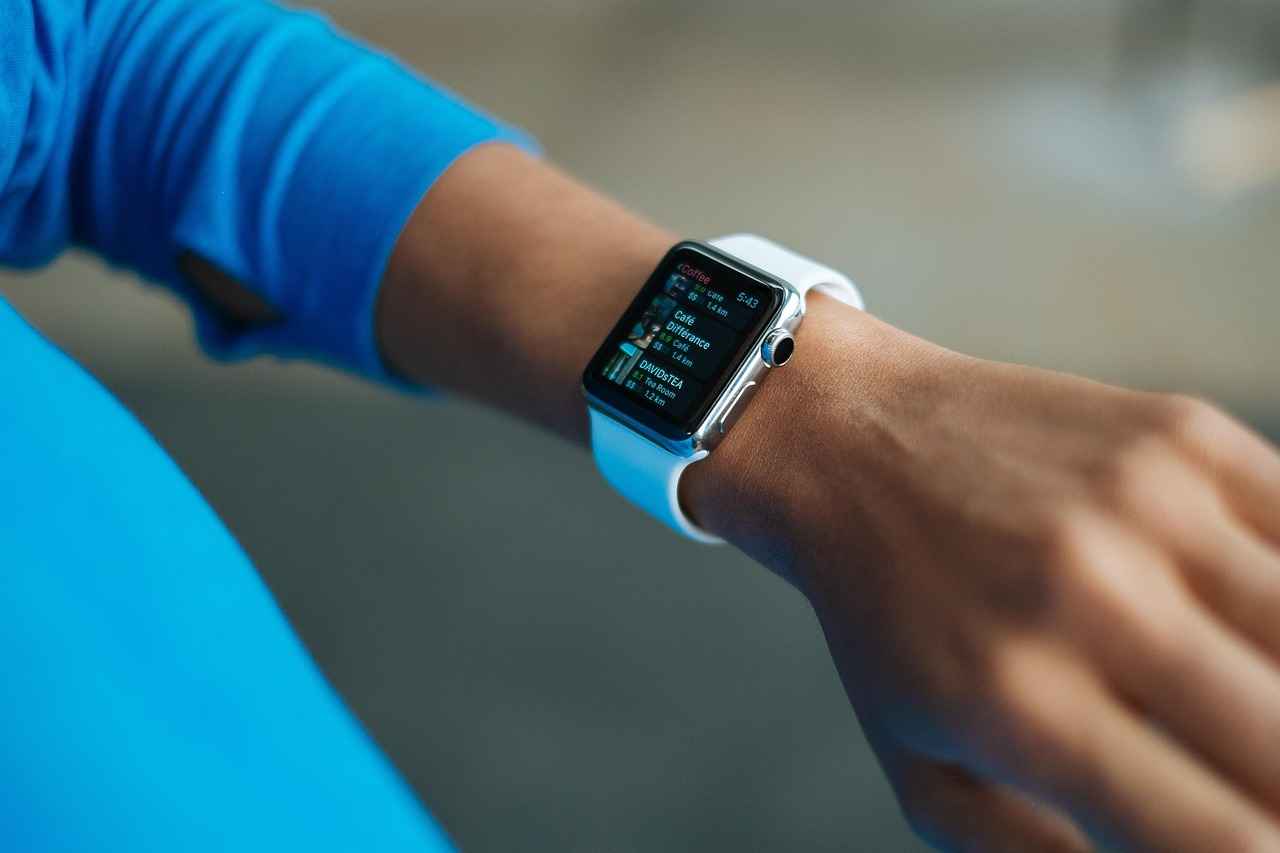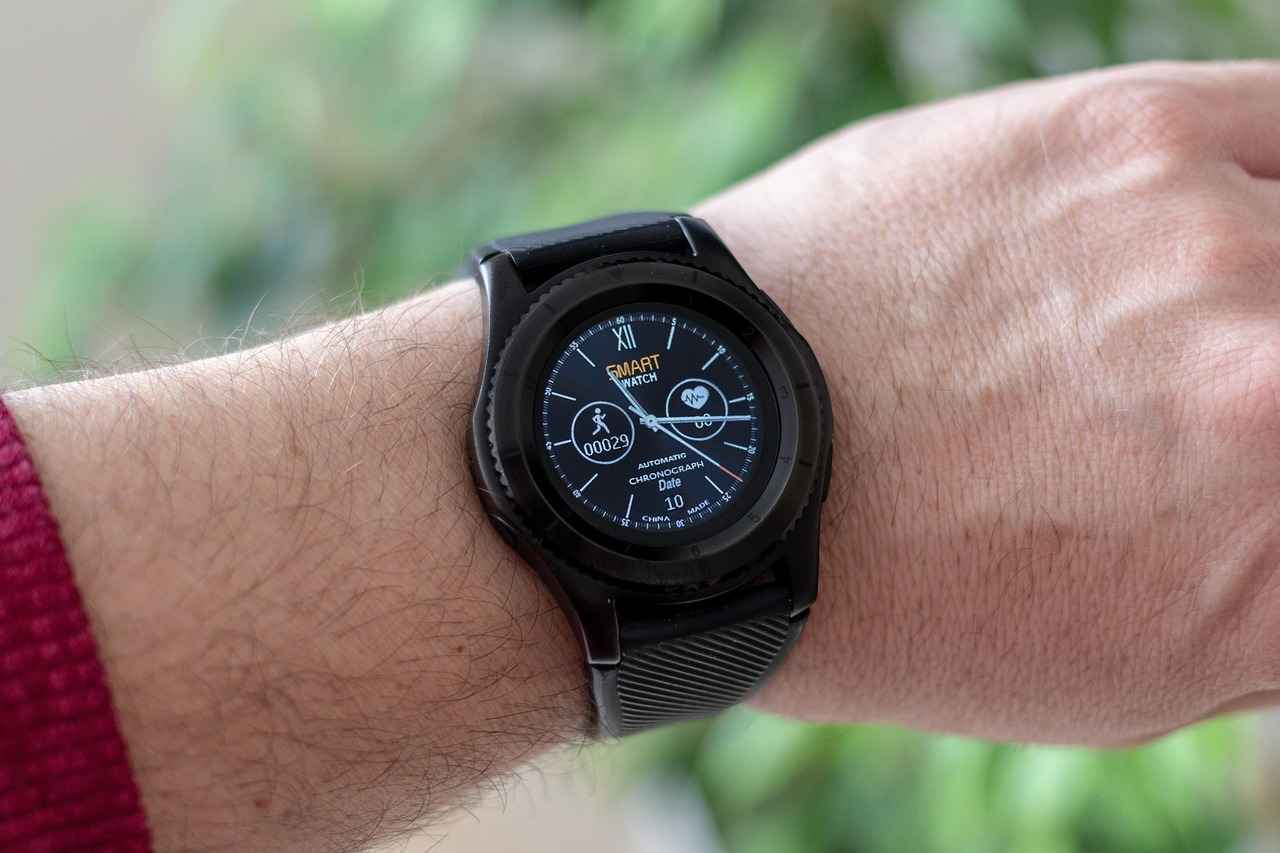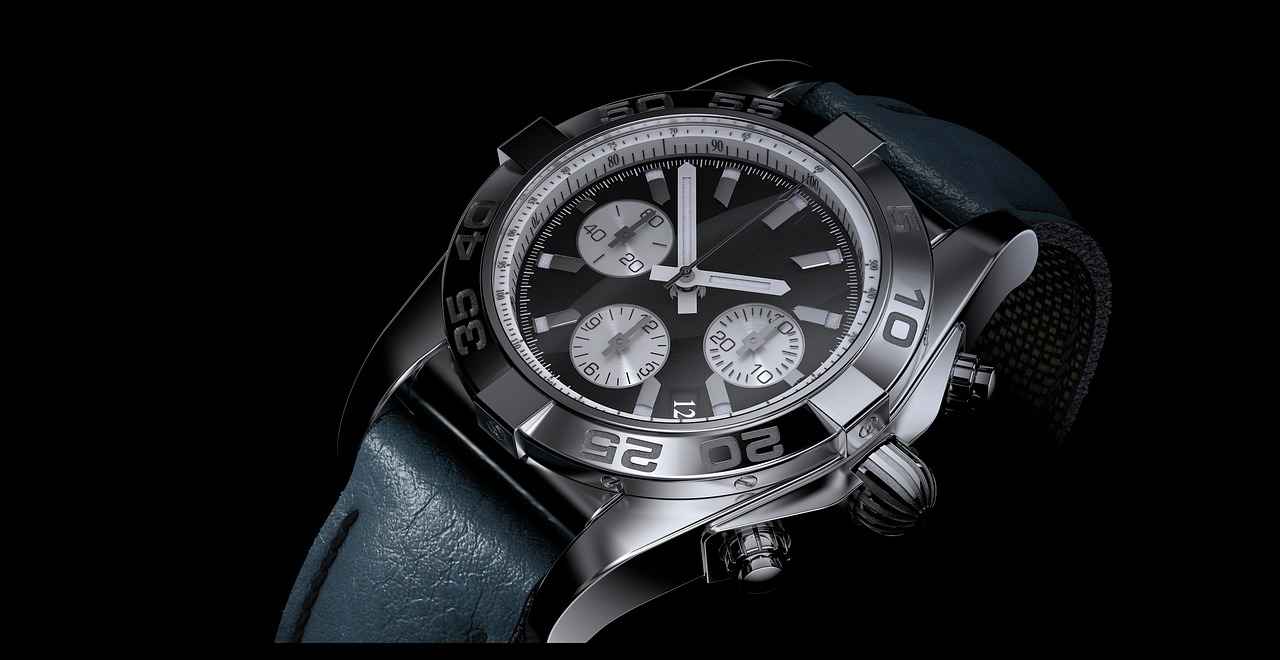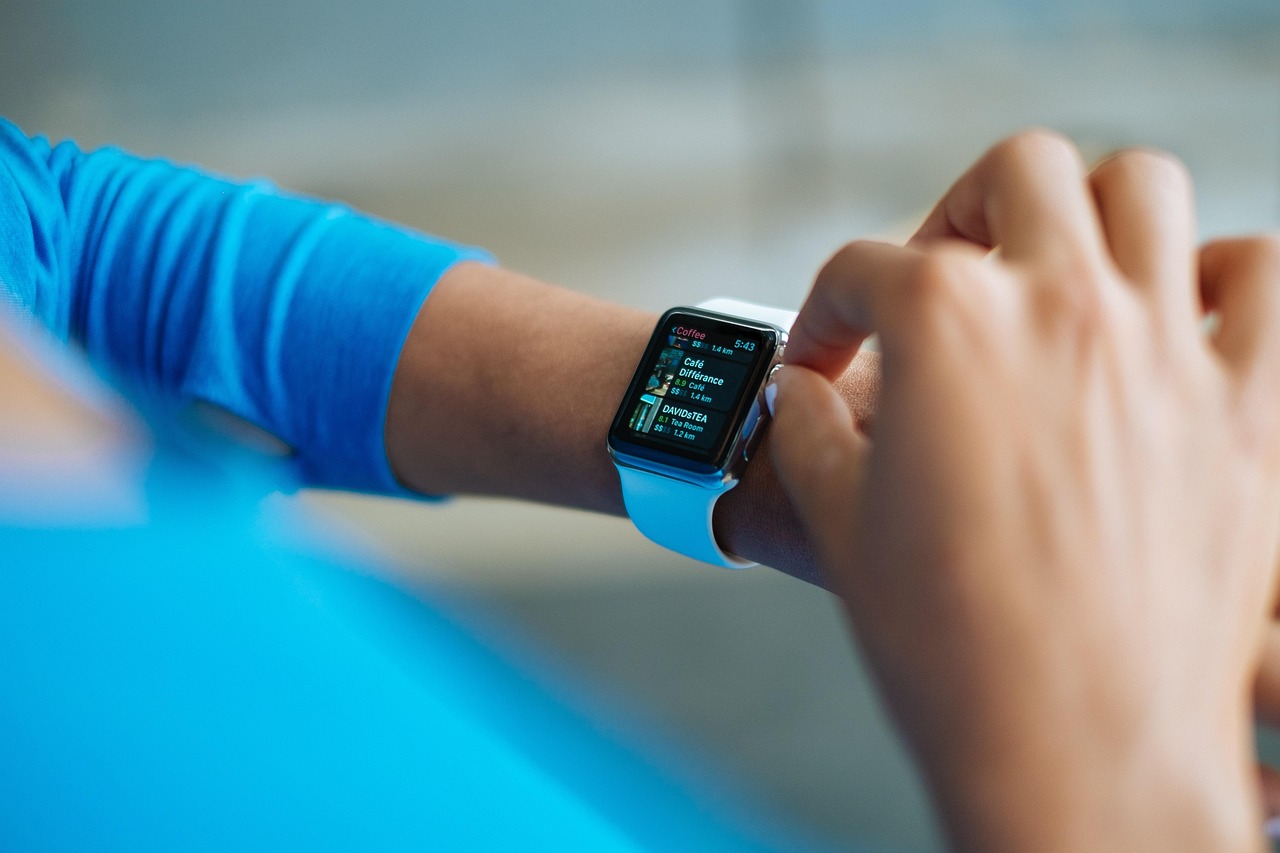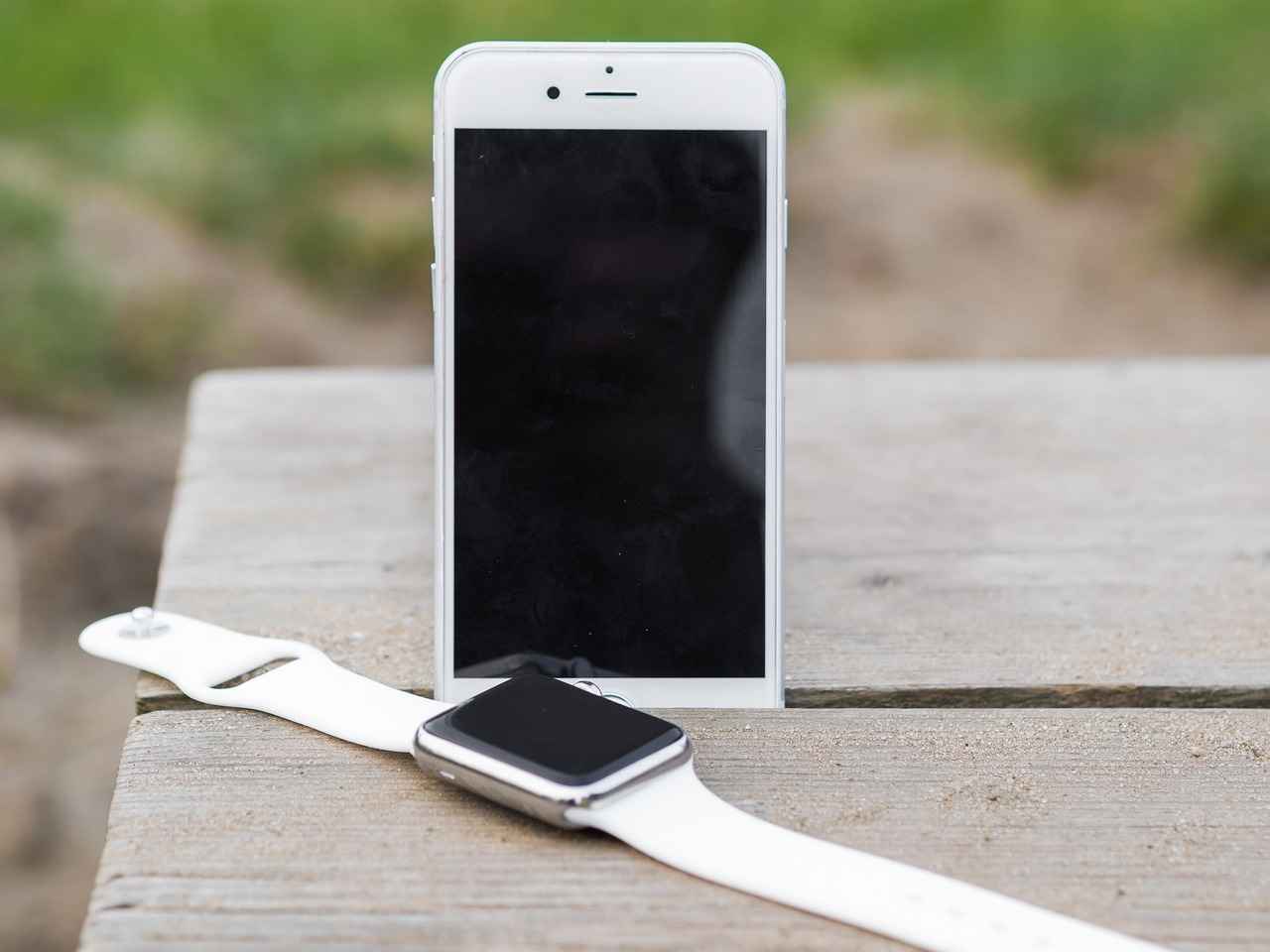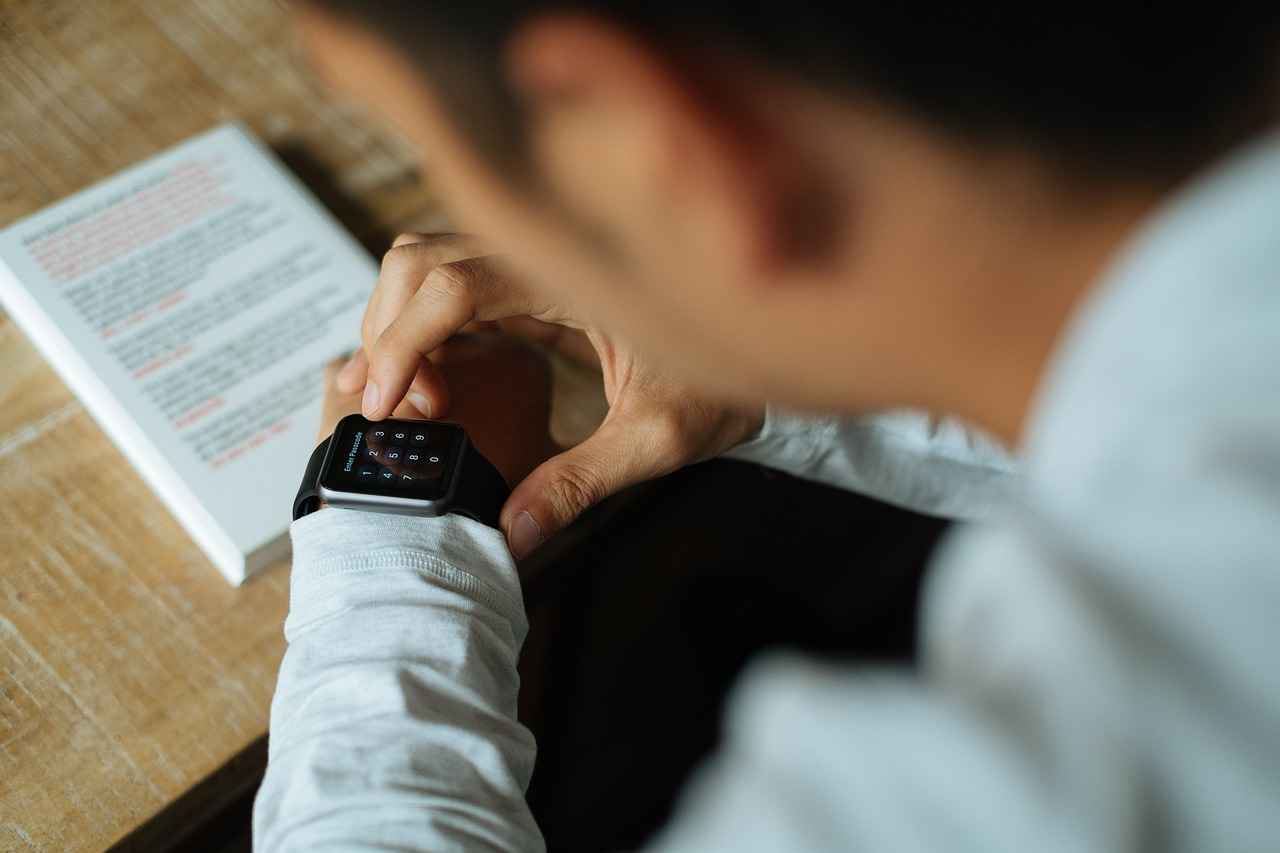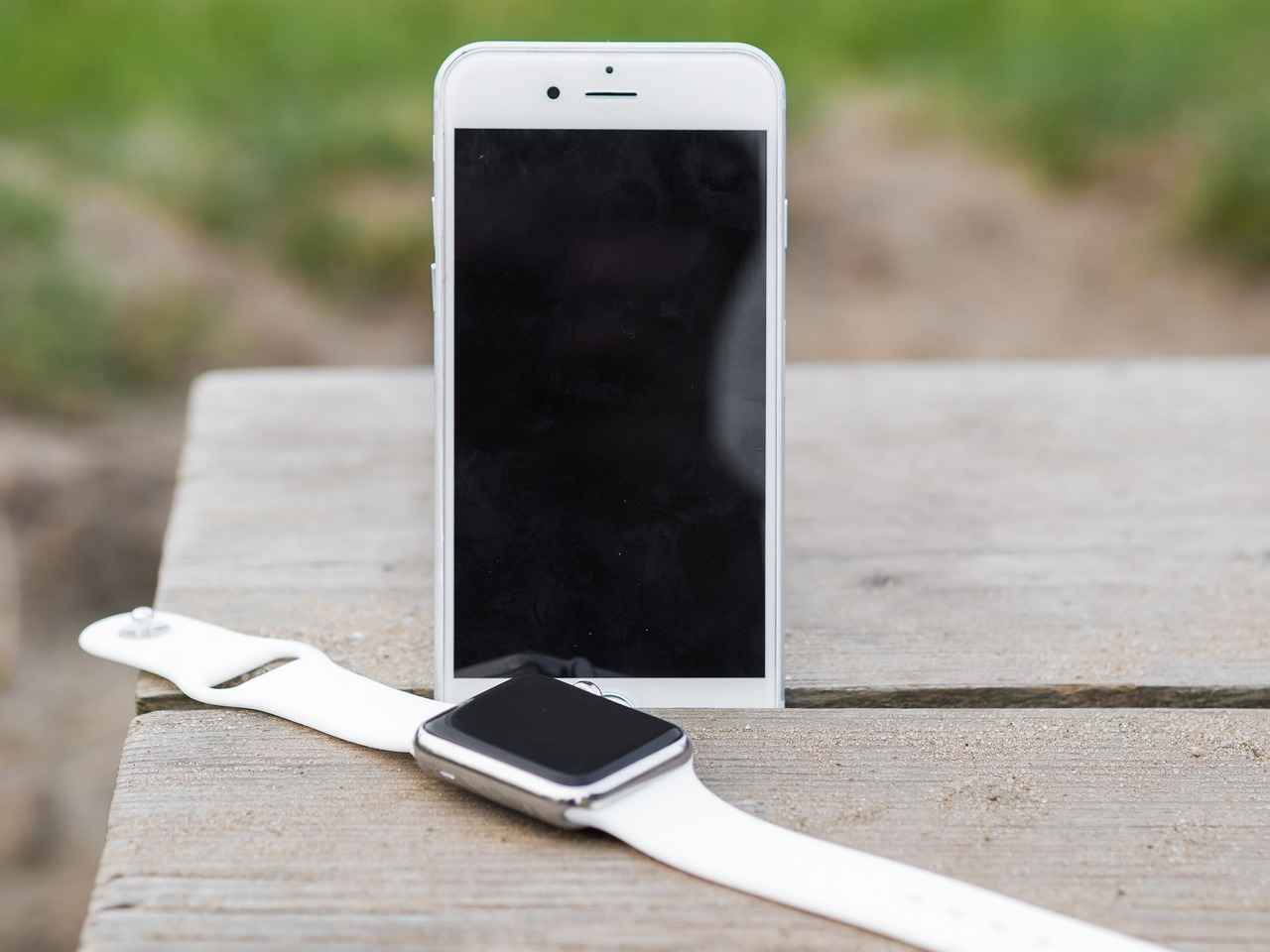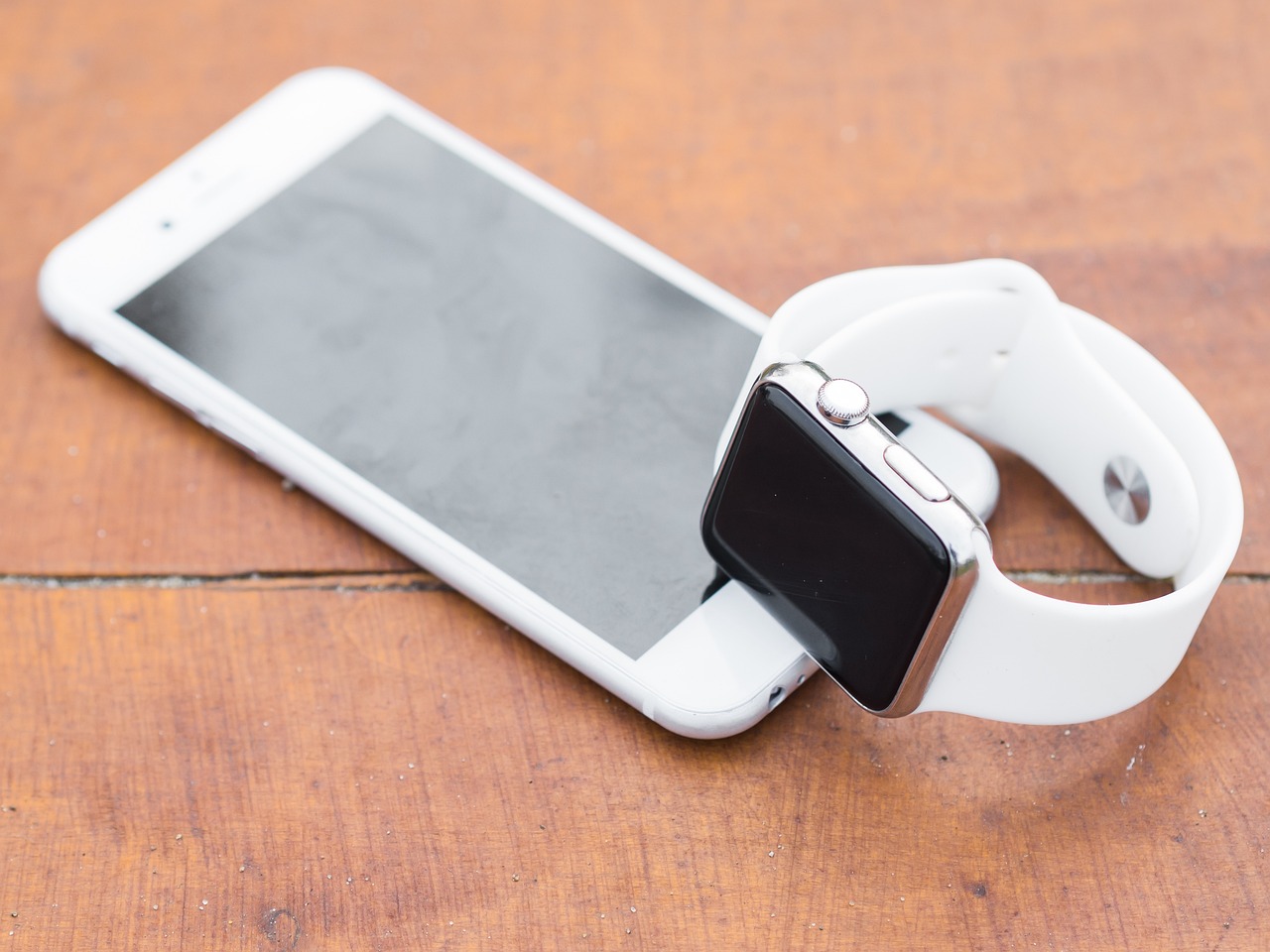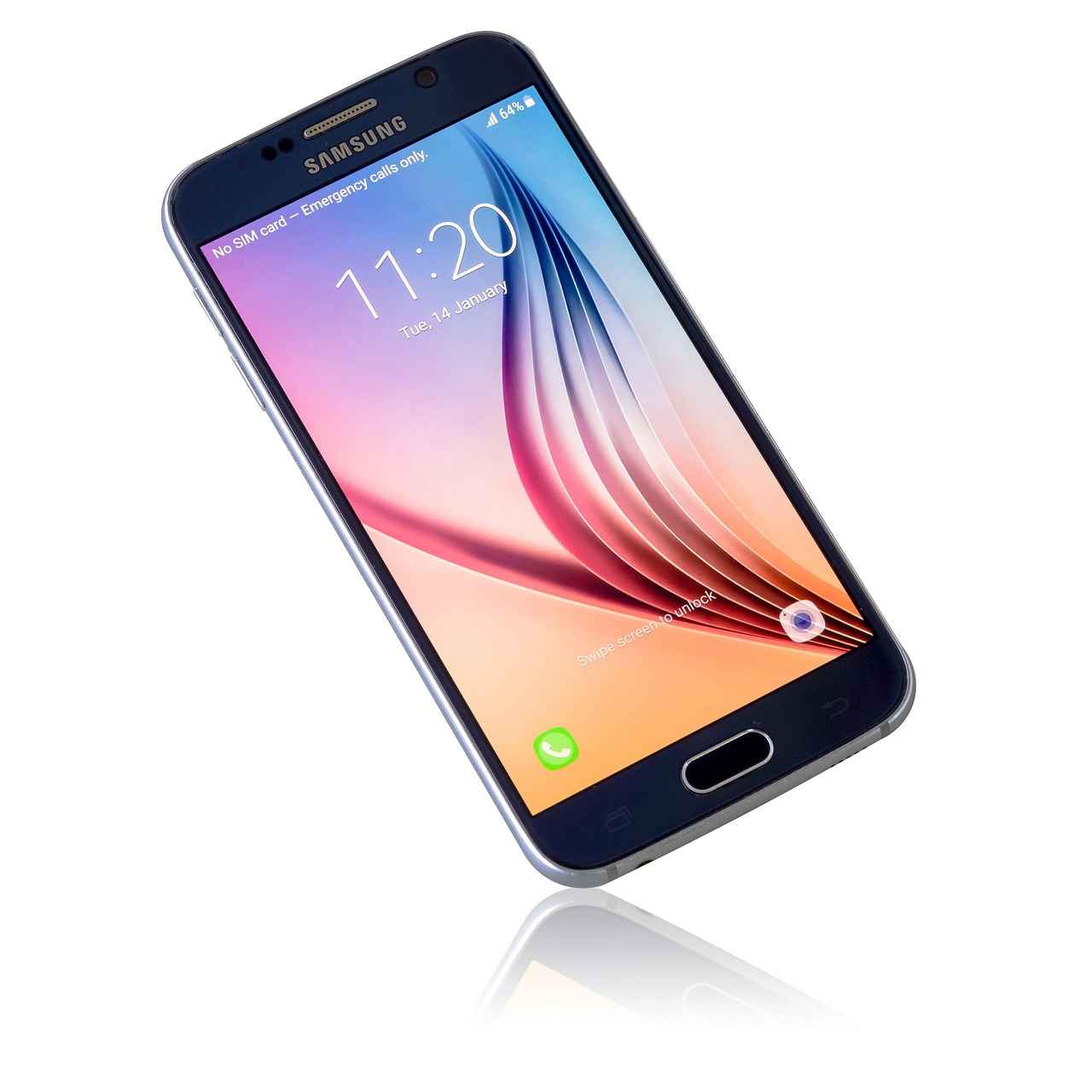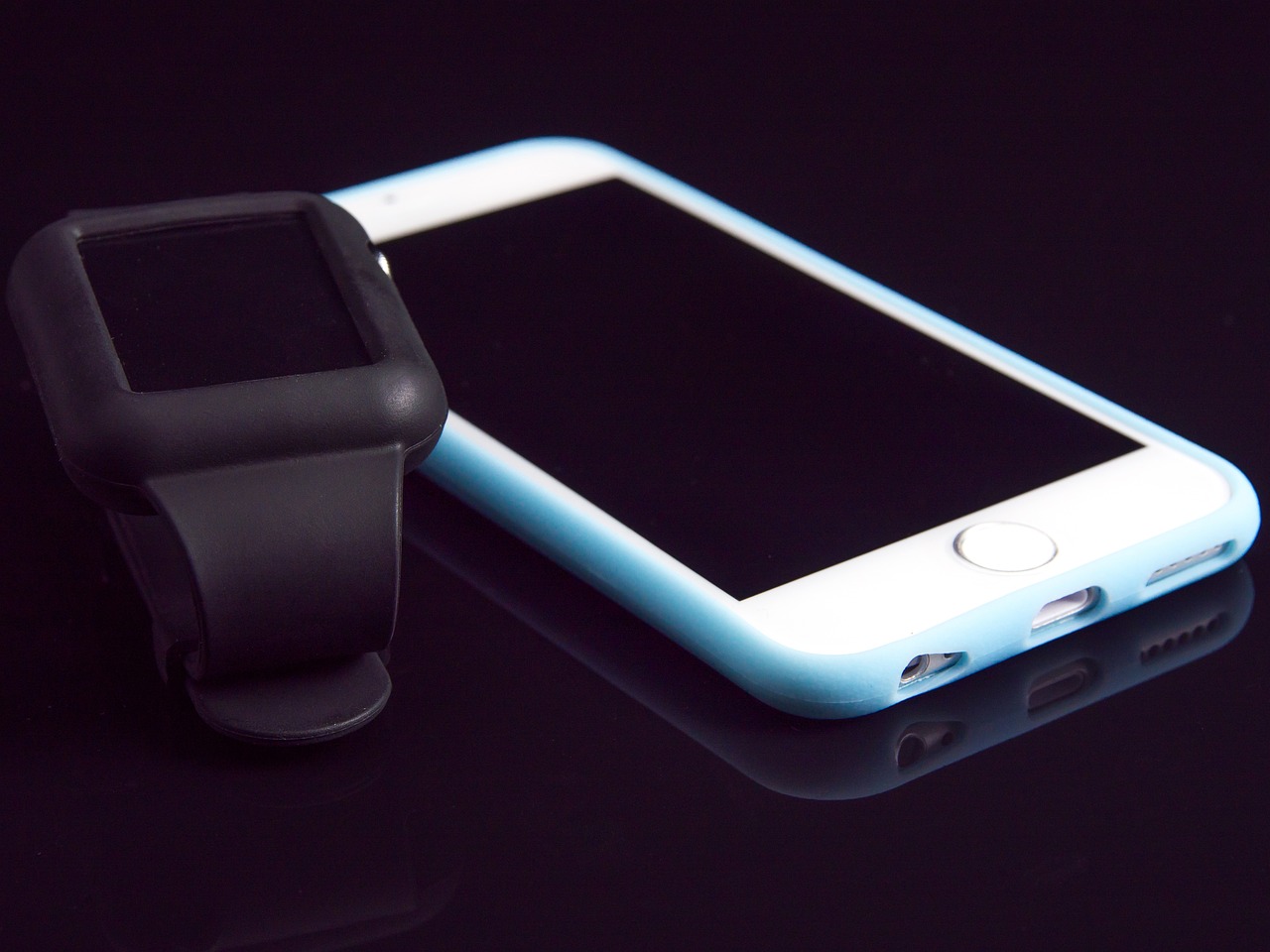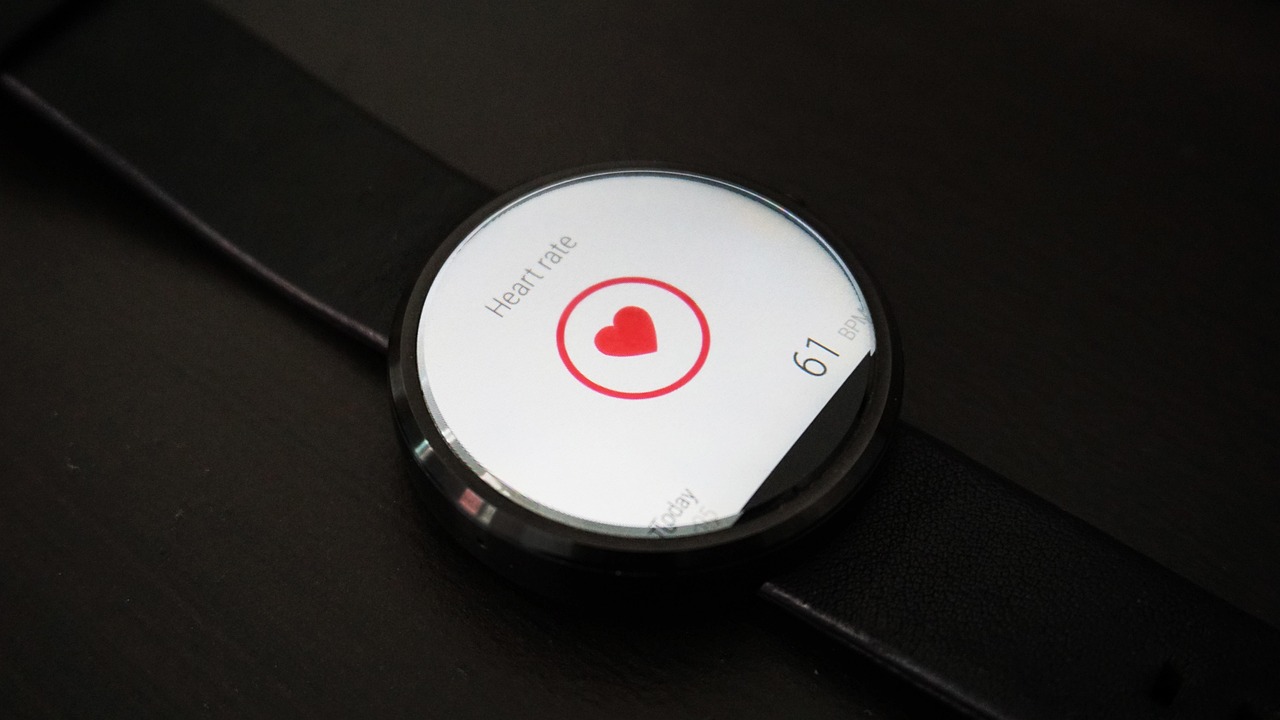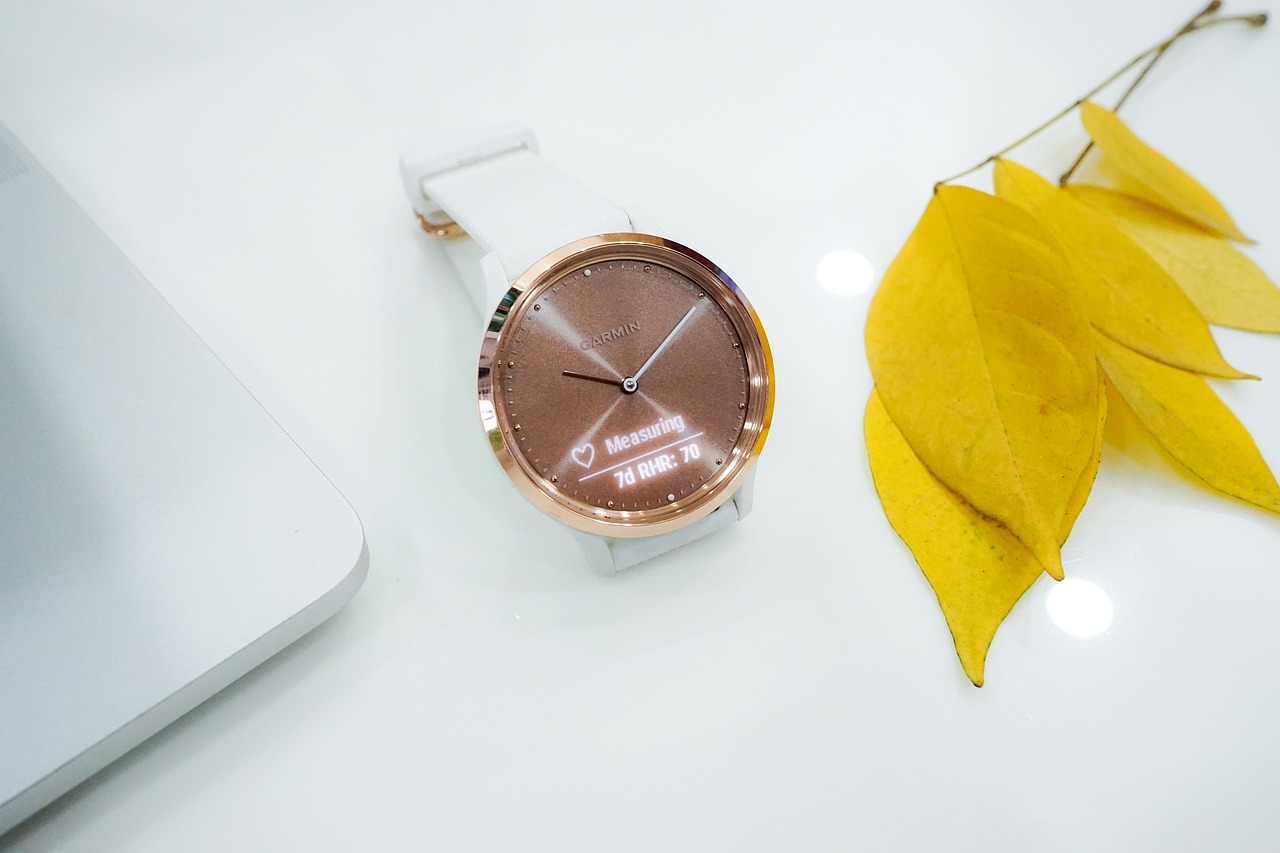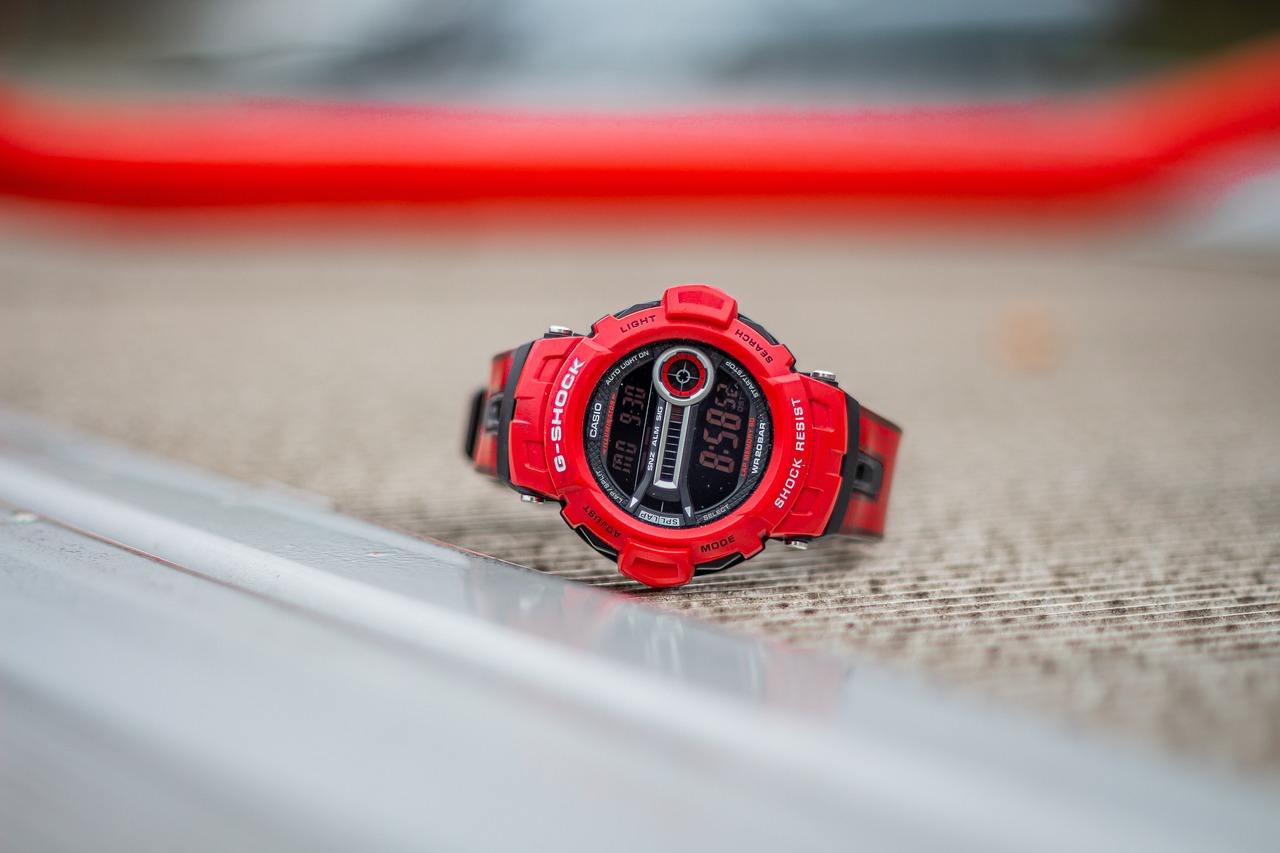This article delves into the capabilities of smartwatches as fitness coaching tools, examining their features, benefits, and limitations in comparison to traditional coaches. The goal is to evaluate whether these devices can effectively substitute personalized fitness guidance.
Understanding Smartwatch Fitness Features
Smartwatches come equipped with an array of fitness-related functionalities. These include:
- Heart Rate Monitoring: Continuous tracking of heart rates during workouts.
- GPS Tracking: Real-time location tracking for outdoor activities.
- Activity Logging: Comprehensive logging of daily activities and workouts.
Such features enable users to monitor their health metrics efficiently, providing valuable data for fitness enthusiasts.
The Role of Fitness Coaches
In contrast, fitness coaches offer personalized guidance, motivation, and accountability. They create tailored workout plans and nutrition advice that cater to individual needs, enhancing the fitness experience in ways technology cannot.
Personalized Training Plans
Unlike smartwatches, fitness coaches devise customized training plans based on:
- Individual assessments
- Specific goals
- Progress tracking
This bespoke approach ensures that clients receive a program that evolves with their unique fitness journeys.
Assessing Individual Needs
Fitness coaches evaluate clients’ physical conditions and preferences, creating a comprehensive understanding that smartwatches cannot replicate through generic algorithms.
Adjusting Plans in Real-Time
Coaches can dynamically modify training plans based on immediate feedback during workouts, offering support that smartwatches lack in real-time scenarios.
Motivation and Accountability
The motivation and accountability provided by a fitness coach are invaluable. Coaches encourage clients to remain committed to their fitness goals, pushing them to achieve their best.
Smartwatch Data Accuracy
The accuracy of data collected by smartwatches can vary significantly, affecting their reliability. Users must understand these limitations when relying solely on smartwatch metrics.
Heart Rate Monitoring
While smartwatches can track heart rates, factors such as sensor placement and skin tone can influence accuracy, necessitating cautious interpretation of data.
GPS and Distance Tracking
Smartwatches utilize GPS for tracking outdoor activities; however, signal loss in certain environments may lead to inaccurate distance measurements, impacting workout assessments.
Cost-Effectiveness of Smartwatches vs. Coaches
Investing in a smartwatch can be more affordable than hiring a personal trainer. However, the long-term benefits of personalized coaching may outweigh initial savings for many individuals.
Integration with Fitness Apps
Many smartwatches sync with fitness apps that offer additional features, such as community support and workout challenges. This integration enhances the user experience, providing motivation akin to a coach’s influence.
Community Engagement
Fitness apps connected to smartwatches often foster community engagement, allowing users to share achievements and challenges, creating a sense of belonging and motivation similar to having a coach.
Progress Tracking and Analytics
Smartwatches paired with fitness apps provide detailed analytics on user progress. This helps individuals stay informed about their fitness journey, although it lacks the personal touch of a coach’s insights.
The Future of Fitness Coaching Technology
As technology advances, the integration of AI and machine learning into smartwatches may enhance their coaching capabilities, potentially bridging the gap between digital and personal fitness guidance.

Understanding Smartwatch Fitness Features
Smartwatches have revolutionized the way we approach fitness, offering a multitude of features designed to support health and wellness. These devices have become increasingly popular among fitness enthusiasts and casual users alike, thanks to their ability to provide real-time data and insights. Below are some key features that make smartwatches invaluable tools for fitness tracking.
- Heart Rate Monitoring: Smartwatches are equipped with advanced sensors that continuously monitor heart rates, allowing users to assess their cardiovascular health during workouts. This feature helps in optimizing exercise intensity and ensuring that users stay within their target heart rate zones.
- GPS Tracking: Many smartwatches come with built-in GPS capabilities, enabling users to accurately track their outdoor activities such as running, cycling, and hiking. This feature not only records distance but also provides route mapping, which can enhance the overall workout experience.
- Activity Logging: Smartwatches automatically log various activities throughout the day, including steps taken, calories burned, and hours of sleep. This comprehensive logging helps users understand their daily activity levels and encourages them to meet their fitness goals.
- Customizable Workouts: Users can create and customize workouts directly on their smartwatches, allowing for a personalized fitness routine that aligns with individual goals and preferences. This flexibility makes it easier to stay committed to a fitness regimen.
- Integration with Health Apps: Smartwatches often sync with various health and fitness apps, providing users with deeper insights into their progress. These apps can offer additional metrics, community support, and even challenges that enhance motivation.
In summary, the fitness-related features of smartwatches, including heart rate monitoring, GPS tracking, and activity logging, empower users to effectively manage their workouts and health metrics. While these devices provide valuable data, understanding their limitations is crucial for maximizing their benefits.
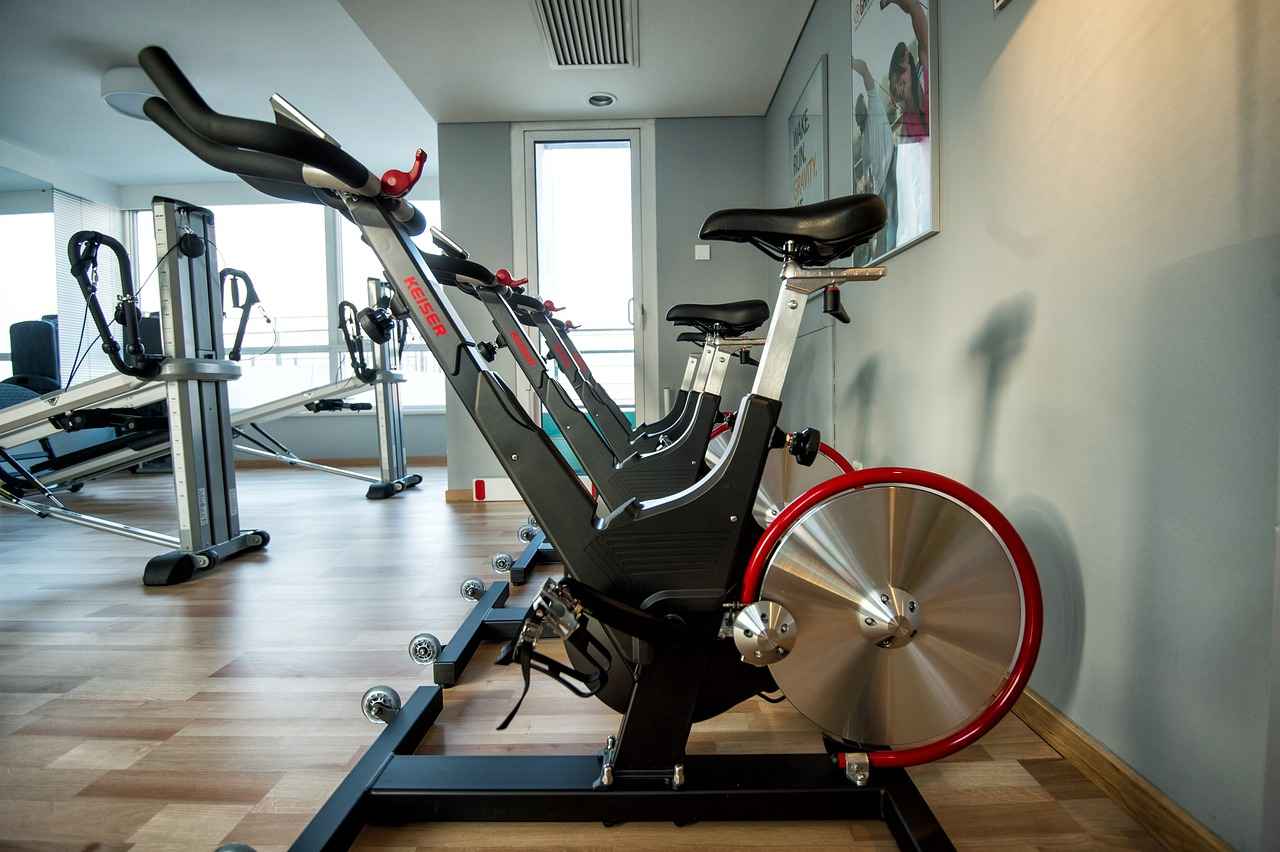
The Role of Fitness Coaches
In today’s fitness landscape, the role of fitness coaches has become increasingly vital. While technology, such as smartwatches and fitness apps, offers numerous features to help individuals track their progress, the personalized touch that a coach provides is irreplaceable. Fitness coaches serve as mentors who motivate, guide, and hold clients accountable on their fitness journeys.
Personalized Guidance is one of the most significant advantages of having a fitness coach. Unlike generic apps that provide one-size-fits-all solutions, coaches evaluate their clients’ unique needs, preferences, and goals. They create tailored workout plans that consider individual fitness levels, ensuring that each client receives a program that works best for them.
- Customized Nutrition Advice: Coaches also offer personalized nutrition plans, educating clients on healthy eating habits that align with their fitness goals. This holistic approach is essential for achieving optimal results.
- Behavioral Insights: Coaches understand the psychological aspects of fitness, helping clients overcome mental barriers and develop a positive mindset towards exercise.
Another critical aspect is motivation and accountability. Fitness coaches encourage their clients to push beyond their limits and remain committed to their goals. They provide the necessary support during challenging times, often serving as a source of inspiration. This accountability is crucial for many individuals, as it fosters a sense of responsibility towards their fitness journey.
Moreover, fitness coaches can adapt plans in real-time. During workouts, they can assess performance and modify exercises on the spot to ensure safety and effectiveness. This adaptability is something that technology simply cannot replicate.
In conclusion, while smartwatches and fitness technology offer valuable tools for tracking progress, they cannot replace the personalized guidance and support that fitness coaches provide. The combination of tailored workout plans, nutritional advice, and motivational support creates a comprehensive fitness experience that empowers individuals to achieve their goals.
Personalized Training Plans
In the realm of fitness, the distinction between technology and human expertise is increasingly significant. crafted by fitness coaches stand out as a vital component of an effective fitness regimen. Unlike smartwatches that rely on algorithms and generalized data, fitness coaches develop individualized plans tailored to each client’s unique needs, goals, and progress.
Fitness coaches begin by conducting a thorough assessment of their clients. This includes evaluating physical conditions, understanding personal fitness goals, and identifying any limitations or preferences. This comprehensive approach allows coaches to create a training plan that is not only effective but also sustainable. In contrast, smartwatches offer a one-size-fits-all solution that may not consider the nuances of an individual’s fitness journey.
Another significant advantage of working with a fitness coach is their ability to adjust training plans in real-time. During workouts, coaches can observe clients’ performance and provide immediate feedback. This adaptability is crucial for optimizing workouts and ensuring that clients remain challenged yet safe. Smartwatches, while useful for logging data, lack the human touch needed to make on-the-spot adjustments based on physical cues and client feedback.
Moreover, the motivational aspect that fitness coaches provide cannot be overstated. They not only offer encouragement but also hold clients accountable for their fitness commitments. This personal interaction fosters a supportive environment that can significantly enhance motivation, pushing clients to achieve their goals. Smartwatches can track progress but do not possess the ability to inspire or connect with users on a personal level.
In summary, while smartwatches serve as valuable tools for tracking fitness metrics, they cannot replace the personalized training plans developed by fitness coaches. The combination of individualized assessments, real-time adjustments, and motivational support creates a comprehensive fitness experience that technology alone cannot replicate.
Assessing Individual Needs
When it comes to fitness, understanding individual needs is crucial for achieving optimal results. Fitness coaches excel in this area by conducting thorough assessments that take into account a variety of factors. Unlike smartwatches, which rely on generic algorithms, coaches delve deeper into the unique aspects of each client’s fitness journey.
One of the primary roles of a fitness coach is to evaluate a client’s physical condition. This involves assessing current fitness levels, medical history, and any existing injuries or limitations. By doing so, coaches can design a program that not only challenges the client but also safeguards against potential injuries. This personalized approach is something that smartwatches simply cannot offer, as they lack the ability to interpret data in the context of an individual’s specific circumstances.
Additionally, fitness coaches consider a client’s preferences and lifestyle. For instance, someone who enjoys outdoor activities might benefit from a program that incorporates running or hiking, while another individual may prefer strength training or group classes. By aligning fitness plans with personal interests, coaches enhance motivation and adherence to the program.
Moreover, coaches are adept at identifying limitations that may not be immediately apparent. Through one-on-one interactions, they can observe form, technique, and overall engagement, allowing them to provide real-time feedback and adjustments. This level of insight is invaluable in ensuring clients progress safely and effectively.
In summary, while smartwatches provide valuable data, they fall short in delivering the personalized, nuanced understanding that a fitness coach offers. The ability to assess individual needs, preferences, and limitations is a defining characteristic of effective coaching that technology has yet to replicate.
Adjusting Plans in Real-Time
In the realm of fitness training, the ability to adapt and modify workout plans in real-time is a significant advantage that traditional fitness coaches possess over smartwatches. While smartwatches excel in tracking metrics and providing data, they lack the nuanced understanding and immediate responsiveness that human coaches can offer.
When clients engage in a workout session, their performance can vary greatly from day to day. A fitness coach, equipped with the ability to observe and assess these fluctuations, can make instant adjustments to the training regimen. For instance, if a client appears fatigued or struggles with a particular exercise, a coach can quickly modify the plan, perhaps by reducing the intensity or substituting an exercise that targets the same muscle group but is more manageable.
Moreover, the feedback loop established between a coach and client is invaluable. Coaches actively solicit feedback during workouts, asking questions about how the client feels, their energy levels, and any discomfort they may be experiencing. This dialogue allows coaches to tailor the session dynamically, ensuring that clients receive the support they need to maximize their performance and maintain motivation.
Smartwatches, while equipped with technology to monitor heart rates and track activity, do not have the capability to interpret these metrics in the context of an individual’s physical and emotional state during a workout. For example, a smartwatch may indicate that a user is within their target heart rate zone, but it cannot discern whether the user feels exhausted or is experiencing pain. This is where the human element of coaching becomes irreplaceable.
In summary, the ability to adjust training plans on-the-spot based on real-time performance and feedback is a critical aspect of effective fitness coaching. It fosters a personalized experience that smartwatches, despite their technological prowess, simply cannot replicate in dynamic workout situations.
Motivation and Accountability
When it comes to achieving fitness goals, motivation and accountability play crucial roles. While technology, such as smartwatches, offers various features to track progress, the human element provided by a fitness coach is irreplaceable. This section delves deeper into how fitness coaches foster motivation and accountability, making them invaluable partners in the fitness journey.
- Motivational Support: A fitness coach serves as a constant source of encouragement. They understand the ups and downs of a fitness journey and can provide the necessary pep talks and support when motivation wanes. This personalized approach helps clients push through challenging moments, making it easier to stay committed to their goals.
- Setting Realistic Goals: Coaches work with clients to set achievable and measurable goals. This process not only helps in maintaining focus but also instills a sense of accomplishment as clients reach each milestone. Celebrating these small victories can significantly boost motivation.
- Accountability: One of the most significant advantages of having a coach is the accountability factor. Knowing that someone is monitoring progress and expecting updates on workouts and nutrition can be a powerful motivator. Clients are less likely to skip workouts or indulge in unhealthy eating when they know they have to report back to their coach.
- Personalized Feedback: Unlike generic fitness apps, coaches provide tailored feedback based on individual performance. This immediate and personalized insight helps clients understand their strengths and areas for improvement, making their training more effective.
- Building a Supportive Relationship: The bond formed between a coach and client can lead to a supportive environment where clients feel safe to express their struggles and triumphs. This relationship fosters a sense of belonging that is often missing in self-directed fitness journeys.
In summary, while smartwatches offer valuable tools for tracking fitness metrics, they lack the essential human touch that a fitness coach provides. The motivation and accountability that come from working with a coach can make a significant difference in achieving and maintaining fitness goals.

Smartwatch Data Accuracy
In the realm of fitness tracking, the accuracy of data collected by smartwatches plays a crucial role in determining their effectiveness. While these devices are equipped with advanced technology to monitor various health metrics, it is important for users to understand the limitations that can impact their reliability.
Several factors can affect the precision of the data provided by smartwatches. Users should be aware of these to interpret their fitness progress accurately:
- Sensor Technology: The type and quality of sensors used in smartwatches can vary significantly. Higher-end models may offer better accuracy, while budget options might struggle with precise measurements.
- Wearable Position: The placement of the smartwatch on the wrist can influence readings. A loose fit may lead to inaccurate heart rate measurements, while a snug fit can enhance data reliability.
- Skin Tone and Type: Research indicates that skin tone can affect the accuracy of optical heart rate sensors. Darker skin tones may not reflect light as effectively, leading to discrepancies in heart rate readings.
While smartwatches provide valuable insights, there are inherent limitations that users should keep in mind:
- Heart Rate Variability: Although smartwatches measure heart rates, they may not capture the full scope of heart rate variability, which is important for understanding overall cardiovascular health.
- GPS Tracking Challenges: GPS functionality is essential for tracking outdoor activities accurately. However, dense urban environments or areas with poor satellite visibility can lead to signal loss, resulting in inaccurate distance and pace calculations.
For individuals who rely solely on smartwatch metrics, it is vital to approach the data with a critical mindset. Cross-referencing smartwatch data with other sources, such as fitness apps or traditional tracking methods, can provide a more comprehensive view of fitness progress. By understanding the limitations of smartwatch technology, users can make informed decisions about their fitness journeys.
Heart Rate Monitoring
Heart rate monitoring has become one of the most sought-after features in smartwatches, allowing users to gain insights into their cardiovascular health during workouts and daily activities. However, the accuracy of these readings can vary significantly due to several factors.
Influencing Factors on Heart Rate Accuracy
- Sensor Placement: The positioning of the heart rate sensor on the wrist can greatly affect its ability to capture accurate readings. Sensors that sit too loosely or are obstructed by movement may deliver inconsistent data.
- Skin Tone: Research indicates that darker skin tones may affect the sensor’s ability to accurately detect blood flow, leading to potential discrepancies in heart rate readings.
- Movement and Activity Type: High-intensity workouts or activities that involve rapid arm movements can interfere with sensor accuracy, as the watch may struggle to maintain a consistent reading.
Given these factors, it’s essential for users to interpret heart rate data with caution. Relying solely on smartwatch readings without considering these variables could lead to misinterpretation of one’s fitness level or health status.
Best Practices for Heart Rate Monitoring
- Ensure a snug fit of the smartwatch on your wrist to minimize movement.
- Consider using additional tools or methods for heart rate measurement, especially during high-intensity workouts.
- Be aware of your skin tone and its potential effects on sensor accuracy.
Ultimately, while smartwatches provide valuable insights into heart rate and overall fitness, understanding their limitations is crucial for making informed health decisions. Users should complement smartwatch data with professional advice and personal observations for a comprehensive view of their fitness journey.
GPS and Distance Tracking
In the realm of fitness technology, functionality in smartwatches has become a cornerstone for outdoor enthusiasts and serious athletes alike. These devices leverage satellite signals to provide real-time data on distance traveled, pace, and route mapping, which can be invaluable for optimizing workouts and achieving fitness goals.
However, it is crucial to recognize that GPS accuracy can be significantly affected by various environmental factors. For instance, urban areas with tall buildings, dense forests, or even inclement weather can lead to signal loss. This disruption can result in inaccurate distance measurements, which may skew workout assessments and hinder users from tracking their progress accurately.
Moreover, while many smartwatches are equipped with advanced algorithms to estimate distances, they may not always compensate for these inaccuracies effectively. Users relying solely on GPS data may find themselves with overestimated or underestimated distances, which can impact their training plans and overall fitness journey.
- Urban Environments: High-rise buildings can obstruct satellite signals, leading to potential inaccuracies.
- Forested Areas: Dense tree cover may interfere with GPS reception, affecting distance tracking.
- Weather Conditions: Rain, snow, or heavy cloud cover can also disrupt GPS signals.
To mitigate these issues, users are encouraged to combine GPS data with other metrics, such as heart rate and perceived exertion, for a more comprehensive understanding of their workouts. This holistic approach can provide a clearer picture of fitness progress, even when GPS data may be compromised.
In conclusion, while GPS technology in smartwatches offers significant advantages for tracking outdoor activities, users must remain aware of its limitations. By understanding the factors that can affect GPS accuracy, individuals can make informed decisions about their training and ensure they are on the right path to achieving their fitness goals.
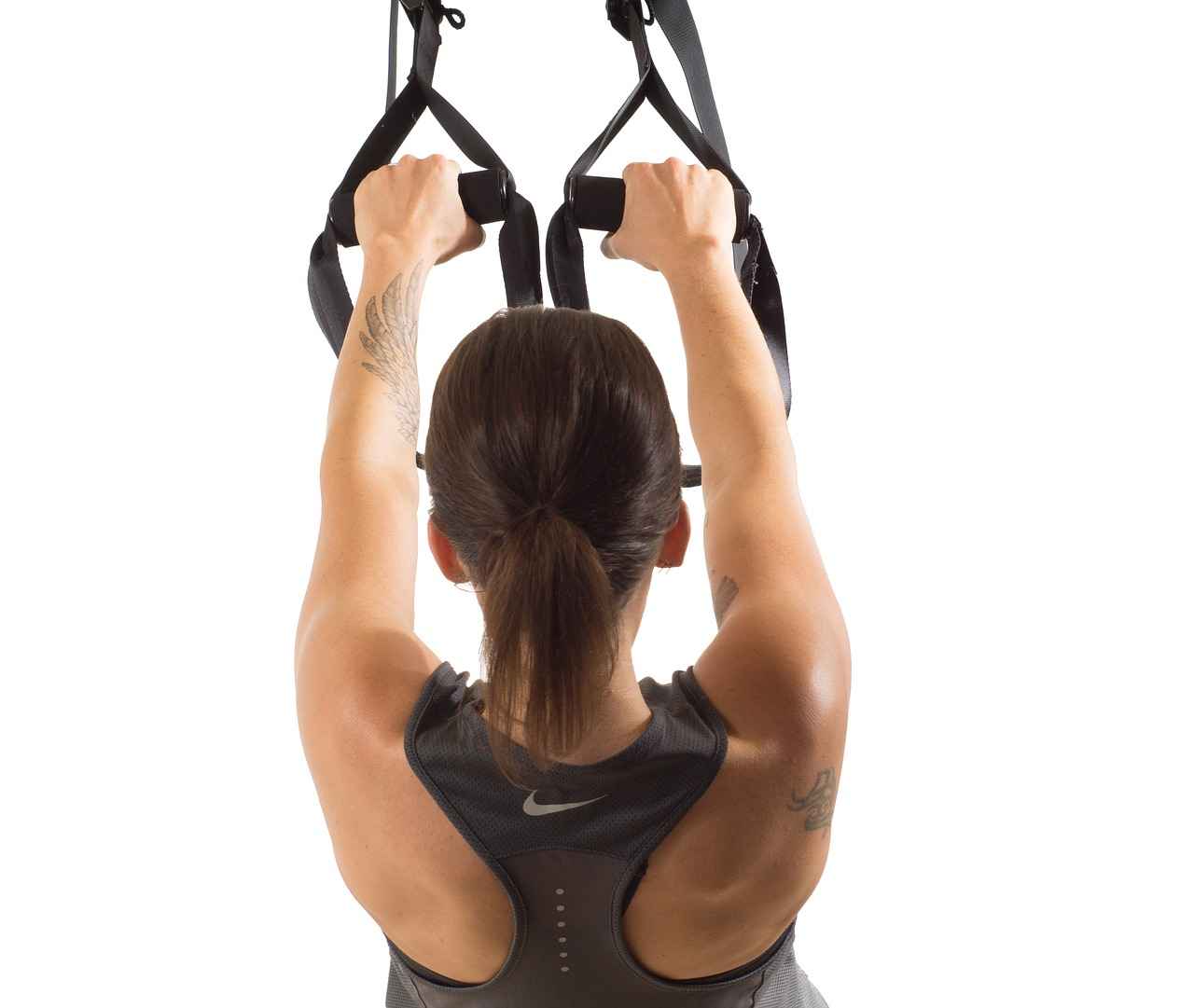
Cost-Effectiveness of Smartwatches vs. Coaches
When considering fitness solutions, the cost-effectiveness of smartwatches compared to hiring a personal trainer is a significant factor for many individuals. Smartwatches have gained popularity for their ability to track various health metrics, making them an appealing option for those looking to manage their fitness on a budget.
Investing in a smartwatch can indeed be more affordable than the ongoing expense of personal training sessions. For a one-time purchase, users gain access to features such as heart rate monitoring, step tracking, and workout logging. These capabilities allow individuals to monitor their fitness levels and progress over time without the recurring costs associated with hiring a fitness coach.
However, while the initial savings of using a smartwatch are clear, it’s essential to consider the long-term benefits of personalized coaching. Fitness coaches offer tailored guidance that adapts to an individual’s unique needs, preferences, and goals. This personalized approach can significantly enhance motivation and accountability, which are vital for achieving lasting results.
Moreover, personal trainers can provide immediate feedback and adjustments during workouts, ensuring that clients perform exercises correctly and safely. This real-time support is something that smartwatches, with their pre-programmed algorithms, cannot replicate. The ability to modify training plans based on a client’s immediate performance is a crucial advantage that coaches have over technology.
In addition, the emotional support and encouragement provided by a fitness coach can be invaluable. Many individuals find it easier to stay committed to their fitness goals when they have someone to hold them accountable and celebrate their successes. This aspect of coaching can lead to a more fulfilling fitness journey than what is typically offered through smartwatch data alone.
Ultimately, while smartwatches present a cost-effective alternative for tracking fitness, the long-term benefits of personalized coaching may outweigh the initial savings for many. Individuals must weigh their fitness goals, budget, and personal preferences when deciding between these two options.

Integration with Fitness Apps
In today’s digital age, the integration of smartwatches with fitness apps has revolutionized how individuals approach their fitness journeys. These devices not only track physical activity but also enhance user engagement through various innovative features.
Many smartwatches sync seamlessly with popular fitness applications, providing users with access to a wealth of additional resources. These apps often include:
- Community Support: Users can connect with like-minded individuals, share their progress, and celebrate achievements together. This sense of community can significantly boost motivation, much like having a personal coach cheering you on.
- Workout Challenges: Many apps offer challenges that encourage users to push their limits, whether through step counts, distance goals, or specific workout routines. These challenges create a competitive yet supportive environment that can inspire users to stay committed to their fitness objectives.
- Customizable Goals: Fitness apps allow users to set personalized goals based on their unique fitness levels and aspirations. This tailored approach can be more effective than generic fitness plans, leading to better adherence and results.
Moreover, the ability to track progress over time is a crucial feature of these integrations. Users can access detailed analytics, such as:
- Activity Logs: Comprehensive logs help users understand their activity patterns and make informed decisions about their fitness routines.
- Performance Metrics: Tracking metrics like heart rate, calories burned, and distance traveled provides valuable insights that can help users adjust their training effectively.
While smartwatches and fitness apps offer impressive features, they do not entirely replace the personalized guidance of a fitness coach. However, they serve as powerful tools that can enhance motivation and accountability, making the user experience more engaging and rewarding.
Community Engagement
In the realm of fitness, has emerged as a vital component for motivation and support. Fitness apps linked to smartwatches play a significant role in fostering this engagement, creating an interactive platform where users can connect, share, and inspire one another.
One of the standout features of these apps is the ability to share achievements. Users can post their workout milestones, whether it’s completing a marathon or hitting a personal best in weightlifting. This sharing not only celebrates individual success but also encourages others within the community to strive for their own goals. The sense of belonging that comes from being part of a community can be incredibly motivating, often pushing users to achieve more than they would alone.
Moreover, many fitness platforms incorporate challenges that users can participate in. These challenges can range from daily step counts to month-long fitness goals, creating a friendly competitive spirit. Participants can track their progress, see how they stack up against others, and even receive badges or rewards for their efforts. This gamification of fitness not only makes exercising more enjoyable but also instills a sense of accountability, similar to having a coach by one’s side.
Another aspect of community engagement is the opportunity for support and advice. Users can exchange tips, share workout routines, and provide encouragement through social feeds or forums. This exchange of information can be invaluable, as it allows individuals to learn from each other’s experiences and adapt their fitness journeys accordingly.
In summary, the community aspect of fitness apps connected to smartwatches offers a unique blend of support, motivation, and accountability. By leveraging technology to create a sense of community, these platforms help users stay committed to their fitness goals, making the journey towards better health feel less solitary and more collaborative.
Progress Tracking and Analytics
In today’s digital age, the integration of technology into fitness has transformed how individuals approach their health and wellness. Smartwatches paired with fitness apps have emerged as powerful tools for tracking progress and providing analytics. These devices collect a wealth of data, including steps taken, calories burned, heart rate, and even sleep patterns, allowing users to monitor their fitness journey with remarkable detail.
One of the most significant advantages of using smartwatches is the ability to access real-time analytics. Users can view their progress instantly, which fosters a sense of awareness and motivation. For example, a runner can track their pace and distance during a workout, helping them set achievable goals and improve performance over time. This immediate feedback can be incredibly beneficial for those who thrive on data-driven insights.
Moreover, many smartwatches sync seamlessly with popular fitness apps, enhancing the overall experience. These applications often provide additional features such as personalized workout recommendations, nutrition tracking, and community challenges. Users can engage with others on similar fitness journeys, creating a sense of camaraderie that can mimic the motivational aspects of having a personal coach.
| Feature | Benefit |
|---|---|
| Heart Rate Monitoring | Helps maintain optimal workout intensity. |
| GPS Tracking | Accurate distance measurement for outdoor activities. |
| Sleep Tracking | Improves recovery through better sleep management. |
However, while smartwatches provide valuable insights, they often lack the personal touch that a fitness coach offers. Coaches can interpret data in context, understanding the individual’s unique circumstances, preferences, and goals. They can also provide emotional support and motivation, which are crucial for long-term success.
In summary, smartwatches and fitness apps serve as excellent companions in the fitness journey, delivering detailed analytics and fostering community engagement. Yet, they cannot fully replace the personalized guidance and support that a dedicated fitness coach provides. As technology continues to evolve, the challenge will be to find a balance between these digital tools and the invaluable human element of coaching.

The Future of Fitness Coaching Technology
As we move deeper into the digital age, the future of fitness coaching technology is becoming increasingly intertwined with advancements in artificial intelligence (AI) and machine learning. These technologies have the potential to revolutionize how we approach fitness coaching, offering innovative solutions that enhance the capabilities of smartwatches, transforming them into powerful fitness companions.
Smartwatches equipped with AI can analyze vast amounts of data collected from users, such as heart rate, activity levels, and sleep patterns. This data can be utilized to create personalized fitness plans that adapt in real-time to the user’s performance and health metrics. Unlike traditional fitness coaching, which often relies on static plans, AI-driven smartwatches can dynamically adjust recommendations based on immediate feedback, providing a more responsive approach to fitness.
Moreover, the integration of machine learning algorithms enables smartwatches to learn from user behavior over time. For instance, if a user consistently struggles with certain workouts, the smartwatch can suggest alternative exercises that better align with their capabilities and preferences. This level of customization is a significant advancement in bridging the gap between digital and personal fitness guidance.
Another exciting aspect of this technological evolution is the potential for enhanced motivation and accountability. Smartwatches can send reminders, track progress, and even celebrate milestones, mimicking the encouragement a personal trainer might provide. Furthermore, features such as virtual coaching sessions can be incorporated, where users receive real-time feedback and guidance during workouts, significantly enriching their fitness experience.
However, while the future looks promising, it is essential to acknowledge the limitations of technology. Smartwatches may not fully replicate the emotional support and nuanced understanding that human coaches provide. The personal touch of a coach, including empathy and motivation, cannot be easily replaced by algorithms, highlighting the need for a balanced approach that combines both digital and personal fitness strategies.
In conclusion, as technology continues to evolve, the potential for smartwatches to enhance fitness coaching capabilities is immense. By leveraging AI and machine learning, these devices may not only serve as effective fitness trackers but also as intelligent coaching tools, bridging the gap between digital and personal fitness guidance.
Frequently Asked Questions
- Can smartwatches fully replace fitness coaches?
While smartwatches offer impressive features like heart rate monitoring and GPS tracking, they lack the personalized guidance and motivation that a fitness coach provides. Coaches tailor plans based on individual needs, something smartwatches can’t do.
- How accurate are the fitness metrics from smartwatches?
The accuracy of smartwatch data can vary significantly. Factors like sensor placement and environmental conditions can affect heart rate and GPS readings. It’s essential to interpret this data cautiously and not rely solely on it for fitness assessments.
- Are smartwatches cost-effective compared to personal trainers?
Yes, investing in a smartwatch can be more budget-friendly than hiring a personal trainer. However, the long-term benefits of personalized coaching, such as motivation and tailored plans, may justify the higher cost for some individuals.
- Do fitness apps enhance the smartwatch experience?
Absolutely! Many smartwatches sync with fitness apps that provide community support, challenges, and detailed progress tracking. This can create a sense of belonging and motivation, similar to having a coach by your side.
- What does the future hold for fitness coaching technology?
As technology evolves, we can expect smartwatches to integrate AI and machine learning, enhancing their coaching capabilities. This might help bridge the gap between digital fitness guidance and traditional coaching.

